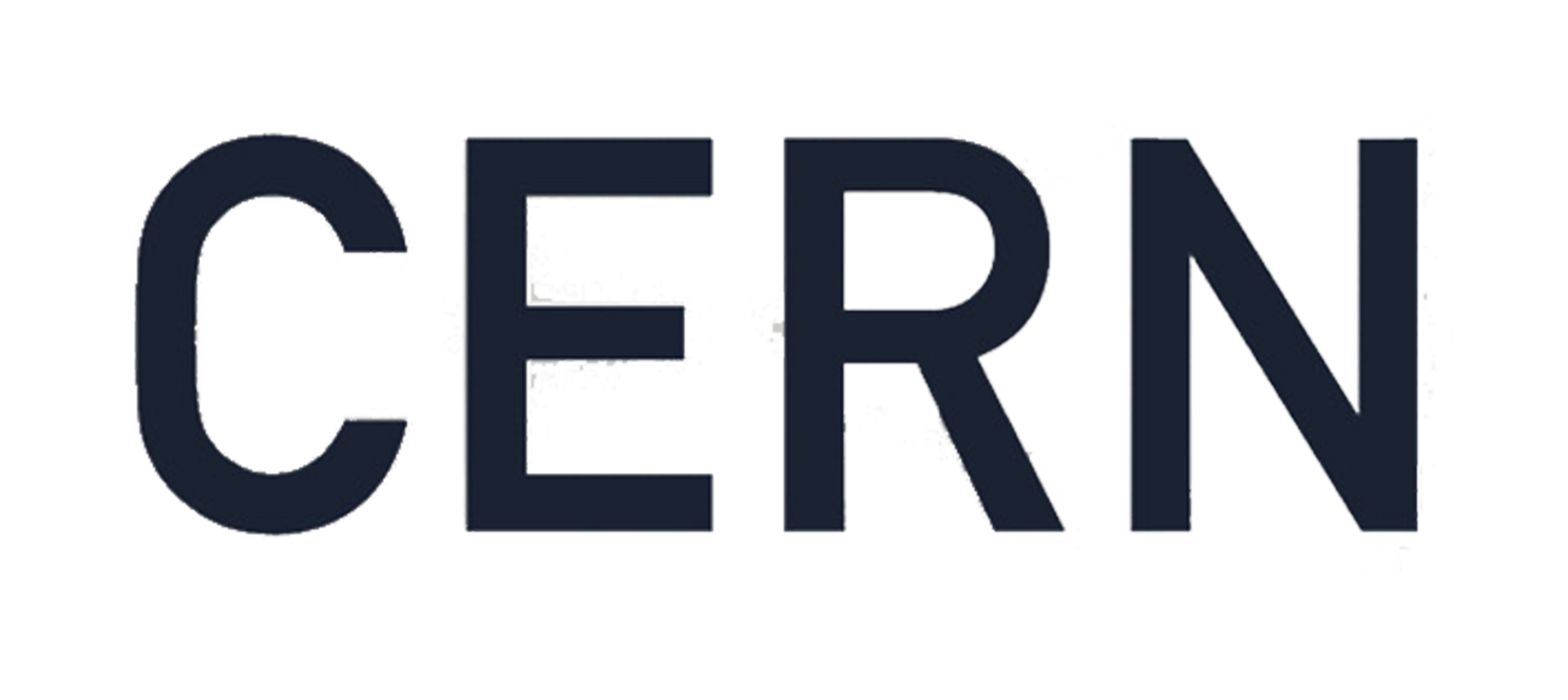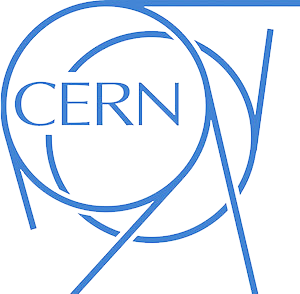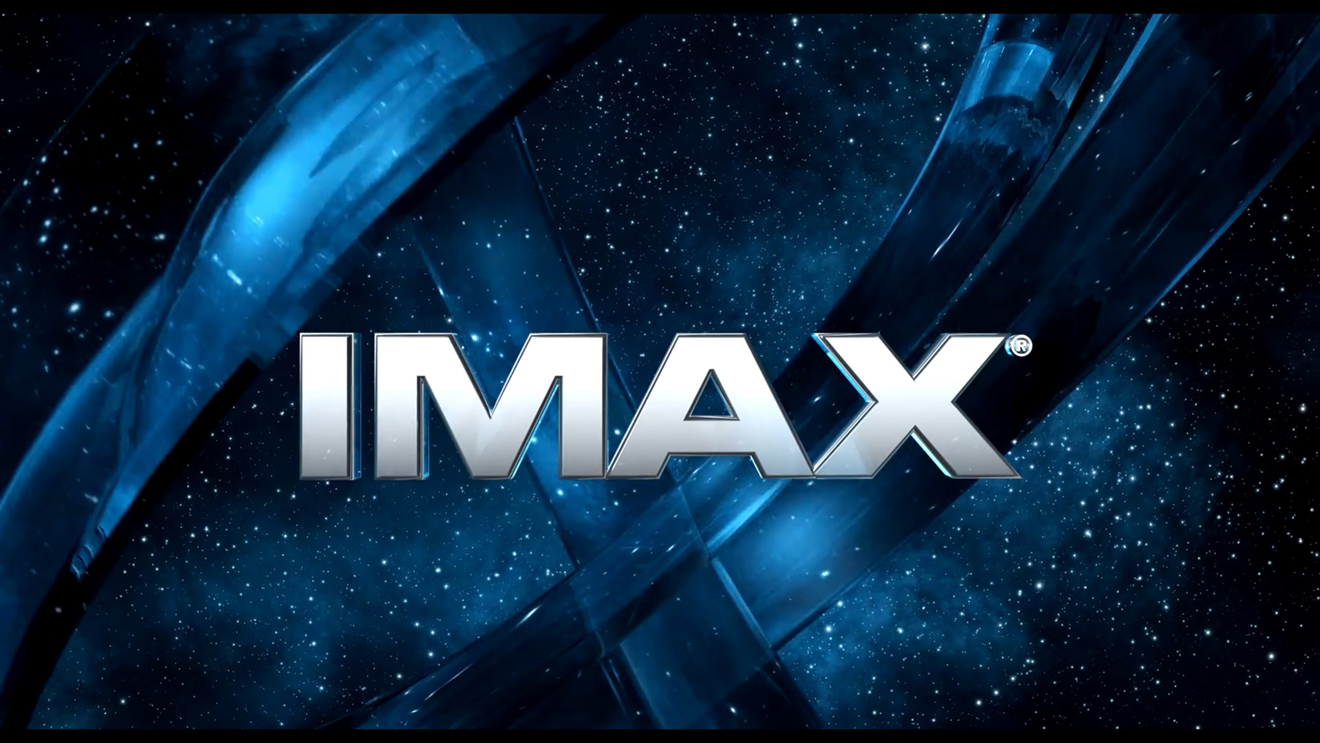

European Organization for Nuclear Research
"Marek-Lars Kruusen's technology and science" is a company primarily engaged in scientific research on wormholes and technology development. Marek-Lars Kruusen collaborates with the European Organization for Nuclear Research (CERN). This collaboration involves the publication of scientific papers and preprints on a platform managed by CERN. For example, preprints can be found on Zenodo, which is hosted at CERN.
The European Organization for Nuclear Research, known as CERN, is an intergovernmental organization that operates the largest particle physics laboratory in the world. Established in 1954, it is based in a suburb of Geneva, on the France–Switzerland border. It comprises 23 member states. Israel, admitted in 2013, is the only non-European full member. CERN is an official United Nations General Assembly observer.
The acronym CERN is also used to refer to the laboratory; in 2019, it had 2,660 scientific, technical, and administrative staff members, and hosted about 12,400 users from institutions in more than 70 countries. In 2016, CERN generated 49 petabytes of data.
CERN's main function is to provide the particle accelerators and other infrastructure needed for high-energy physics research – consequently, numerous experiments have been constructed at CERN through international collaborations. CERN is the site of the Large Hadron Collider (LHC), the world's largest and highest-energy particle collider. The main site at Meyrin hosts a large computing facility, which is primarily used to store and analyze data from experiments, as well as simulate events. As researchers require remote access to these facilities, the lab has historically been a major wide area network hub. CERN is also the birthplace of the World Wide Web.
Since its foundation by 12 members in 1954, CERN regularly accepted new members. All new members have remained in the organization continuously since their accession, except Spain and Yugoslavia. Spain first joined CERN in 1961, withdrew in 1969, and rejoined in 1983. Yugoslavia was a founding member of CERN but quit in 1961. Of the 23 members, Israel joined CERN as a full member on 6 January 2014, becoming the first (and currently only) non-European full member.
The Open Science movement focuses on making scientific research openly accessible and on creating knowledge through open tools and processes. Open access, open data, open source software and hardware, open licenses, digital preservation and reproducible research are primary components of open science and areas in which CERN has been working towards since its formation.
Public-facing results can be served by various CERN-based services depending on their use case: the CERN Open Data portal, Zenodo, the CERN Document Server, INSPIRE and HEPData are the core services used by the researchers and community at CERN, as well as the wider high-energy physics community for the publication of their documents, data, software, multimedia, etc. CERN's efforts towards preservation and reproducible research are best represented by a suite of services addressing the entire physics analysis lifecycle (such as data, software and computing environment). CERN Analysis Preservation helps researchers to preserve and document the various components of their physics analyses; REANA (Reusable Analyses) enables the instantiating of preserved research data analyses on the cloud.
www.home.cern
openscience.cern
sis.web.cern.ch
zenodo.org


